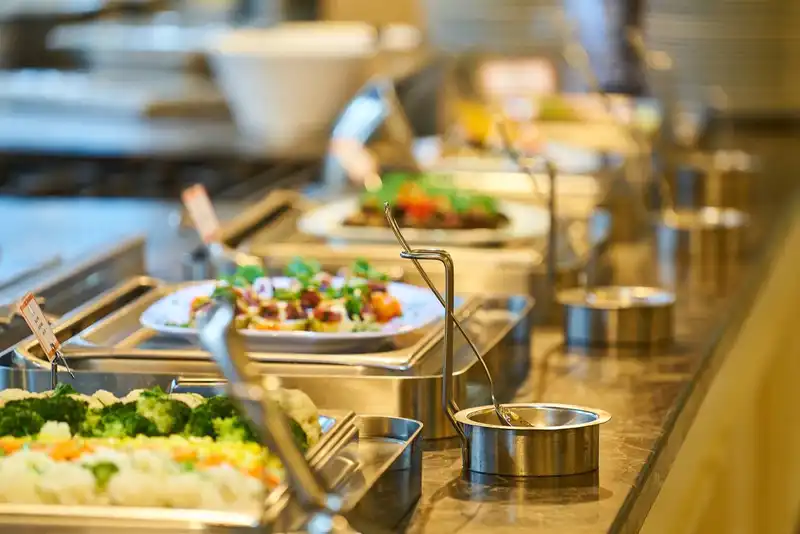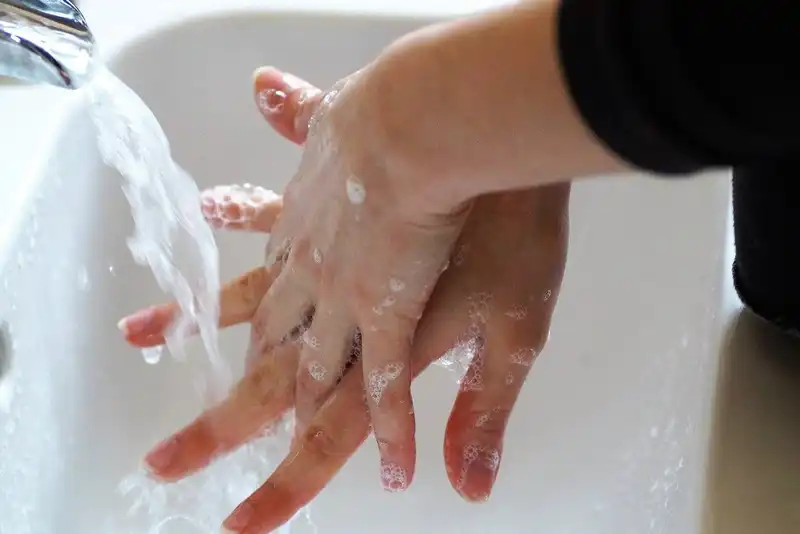Top Tips to Avoid Restaurant Health Code Violations
How to Avoid Restaurant Health Code Violations
Foodborne illness is a significant public health concern. In fact, the Centers for Disease Control and Prevention estimates there are 48 million foodborne illness cases each year. Of those 48 million foodborne illness cases, 128,000 result in hospitalization, and 3,000 death certificates are tragically issued.
A food establishment can severely negatively impact its reputation with a negative health inspection or foodborne illness outbreak. Food establishments where foodborne illness originated can have long term fiscal losses. For example, the significant local health issue in late 2015 and early 2016 associated with Chipotle food service restaurants. That public health and local health issue was a foodborne illness that infected over 50 people with E. Coli. The food service chain responded with rigorous safety sanitation measures and closed 43 food establishment storefronts in Oregon and Washington. However, despite efforts ranging from food handler to food storage upgrades, Chipotle's sales dropped 13% from 2015 to 2016.
To combat food safety issues and foodborne illness cases, community health and health inspector professionals routinely step in. However, every local health department outlines specific food service protocol. Then, there is the food code designated by the Food and Drug Administration. The most recent full edition FDA food code was published in 2017. The local health department and health inspector professionals differ depending on geographical location. From code violations to food storage specifics, even the local health department and public health professionals may disagree.
As such, food service establishments should reach out directly to their local health department and health inspector professionals for advice. Local health departments or health inspectors may even have a frequently asked questions section on their websites. Although local health departments may have health inspection or code violation particulars, there are commonly agreed upon food safety standards. Top tips to avoid restaurant health code violations include-
1. Temperature and Time
Temperature and time are both crucial food safety components. In fact, everything from food handler training to food establishment inspection reports focuses on time and temperature. The danger zone is often referenced during health inspections and food safety risk factor conversations. The danger zone is between 40-140 degrees Fahrenheit and is a significant risk factor for foodborne illness generation. As such, food handler and other food service professionals should keep hot food hot and cold food cold.
Thankfully, there are time temperature tools available for food service professionals. In fact, there are even specialized time temperature indicators! A time temperature indicator is a smart label or device that displays the comprehensive time temperature history of a product.
2. Food Storage

A major risk factor for food borne illness is food storage problems. Food storage issues can result in code violations and health department intervention. For example, meat juice can drip from one food item to another causing cross contamination. A helpful tip is for food service professionals to perform nightly cold food storage inspections.
3. Cross Contamination

Cross contamination is a significant food safety issue that occurs when bacteria are transferred from one food item to another. There are various safety sanitation best practices to help food service professionals avoid cross contamination. For example, a food establishment should have easily accessible hand washing stations. Washing with appropriate water quality decreases the risk factor of cross contamination and promotes the personal hygiene of food service workers.
4. Personal Hygiene

Every food service professional must be aware of personal hygiene and its relationship with food safety. Code violations are issued by health inspectors for personal hygiene issues that are a risk factor for food safety. Alike cross contamination protocol, food service professionals must make sure to properly wash hands for personal hygiene purposes.
Food establishment owners must make sure food service employees are washing hands with antibacterial soap. Additionally, food service workers should be scrubbing up to their elbows and underneath nails. A familiar tip is for food service professionals to sing happy birthday two times in a row while scrubbing. Washing hands is necessary for food service workers arriving at work, after using the restroom, and prior to food handling. Another great tip is for food service professionals to wash hands whenever they wonder if they should.
Key Takeaways for Health Code Violations
- Different local health and public health departments may have different food safety regulations.
- Tips for avoiding food safety issues range from food handler personal hygiene to proper food storage protocol.




